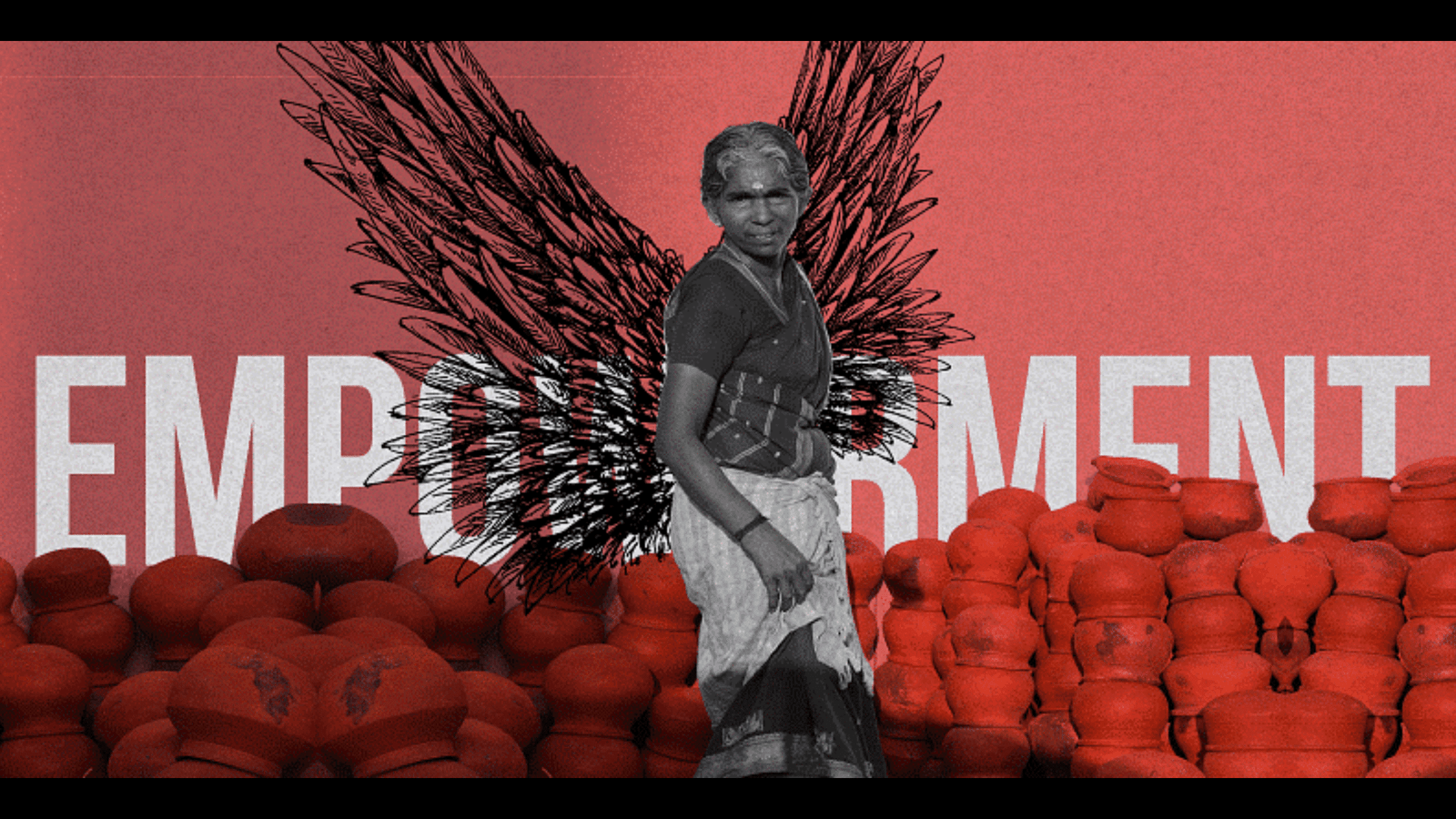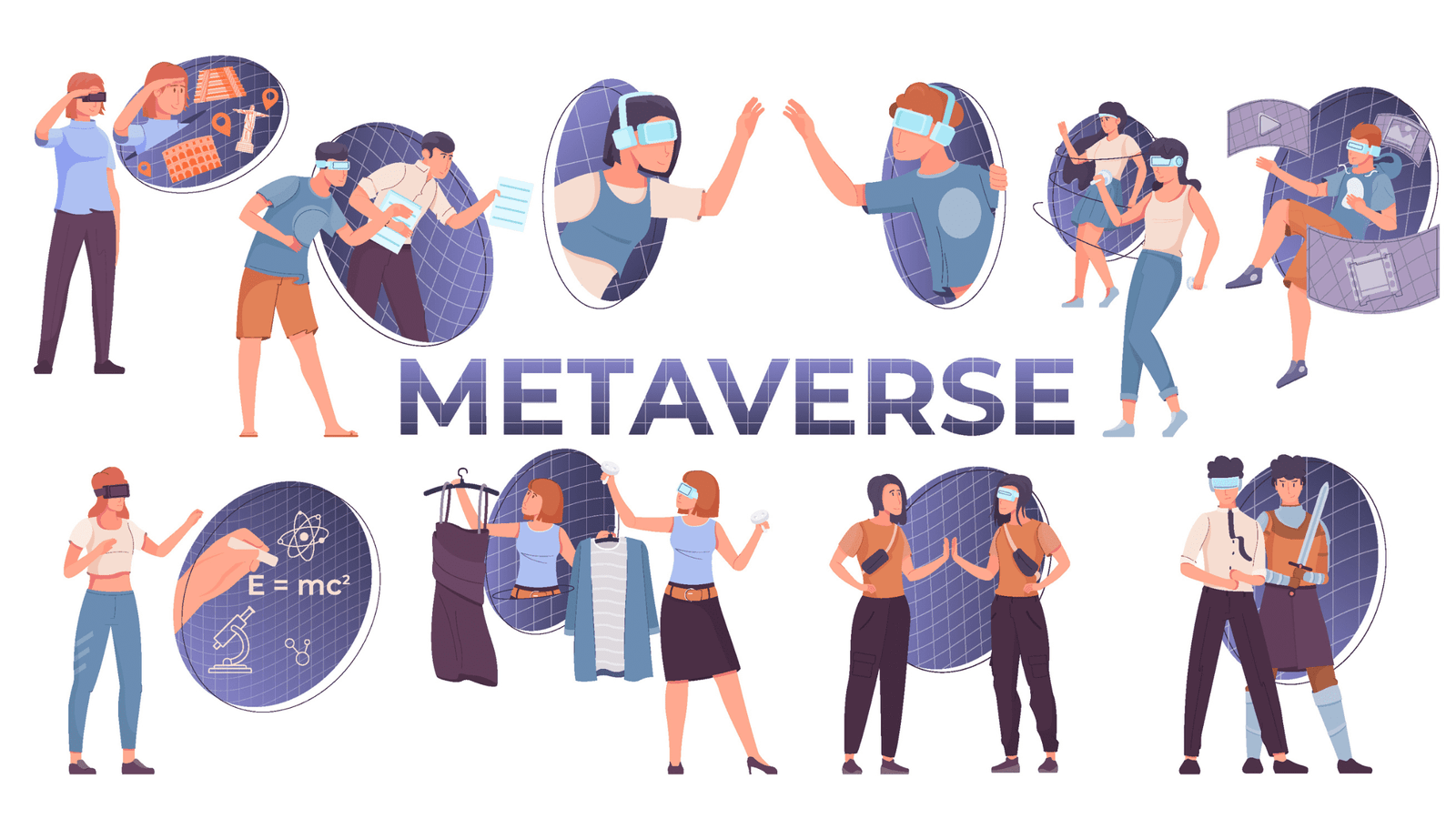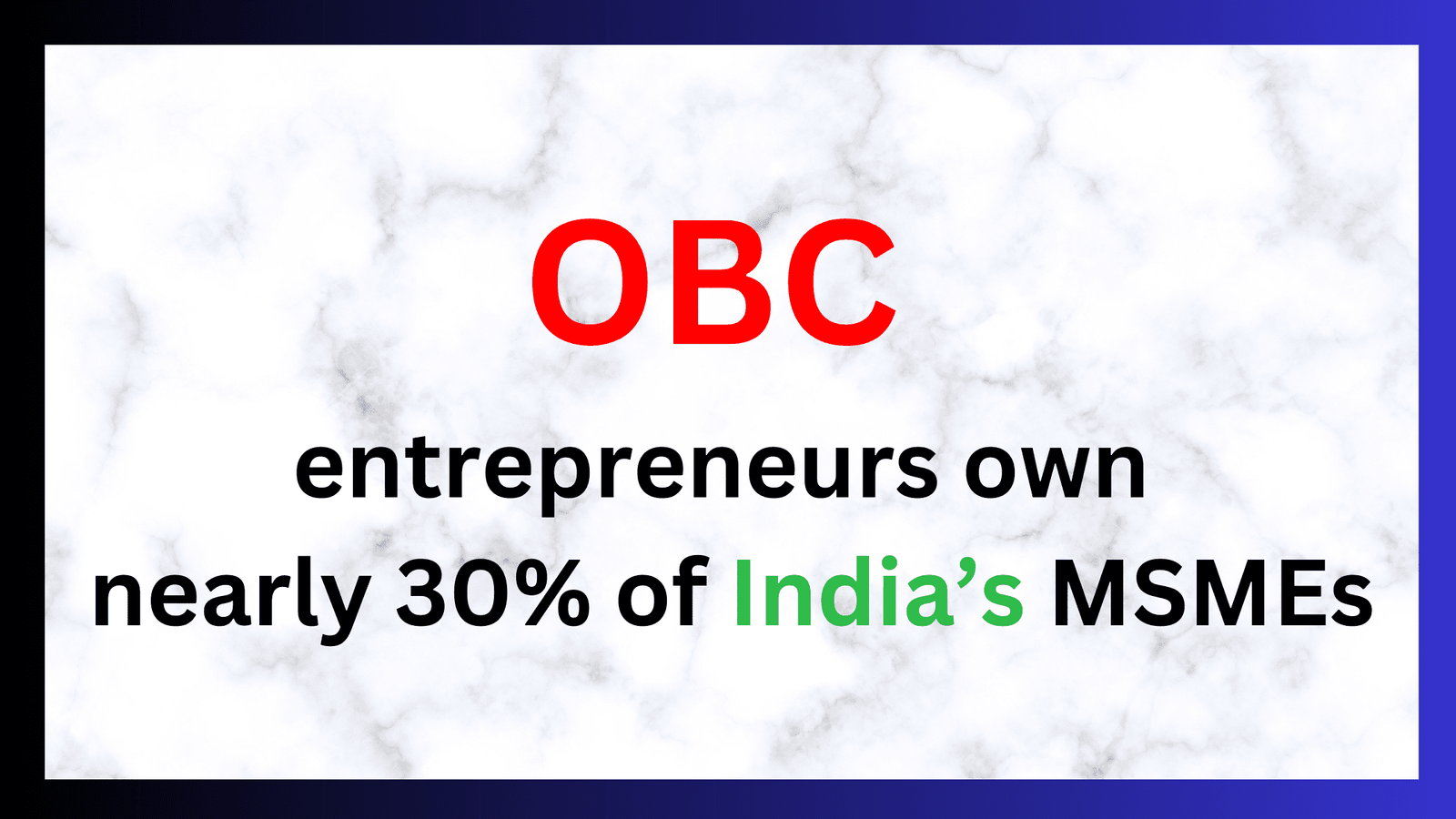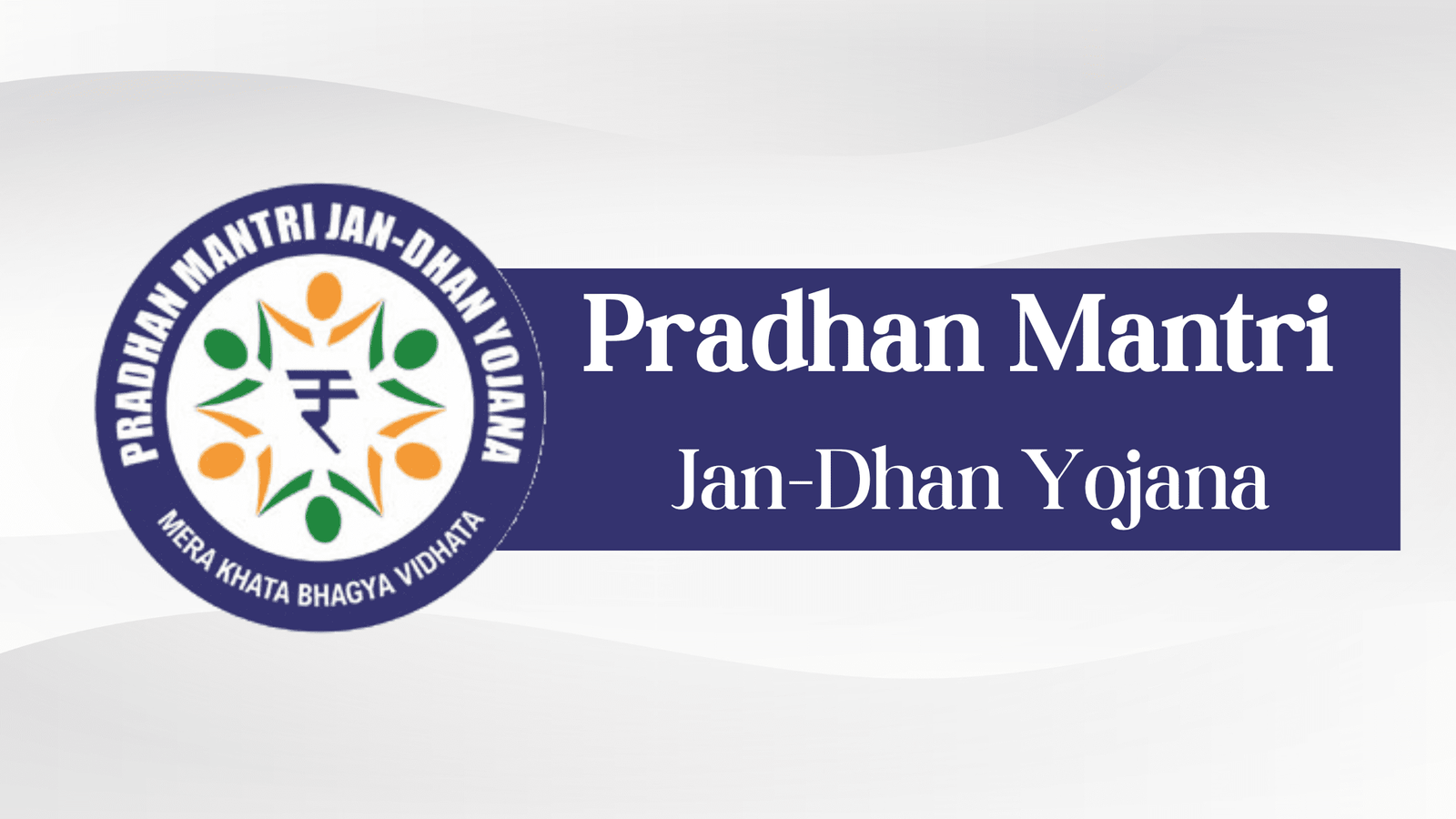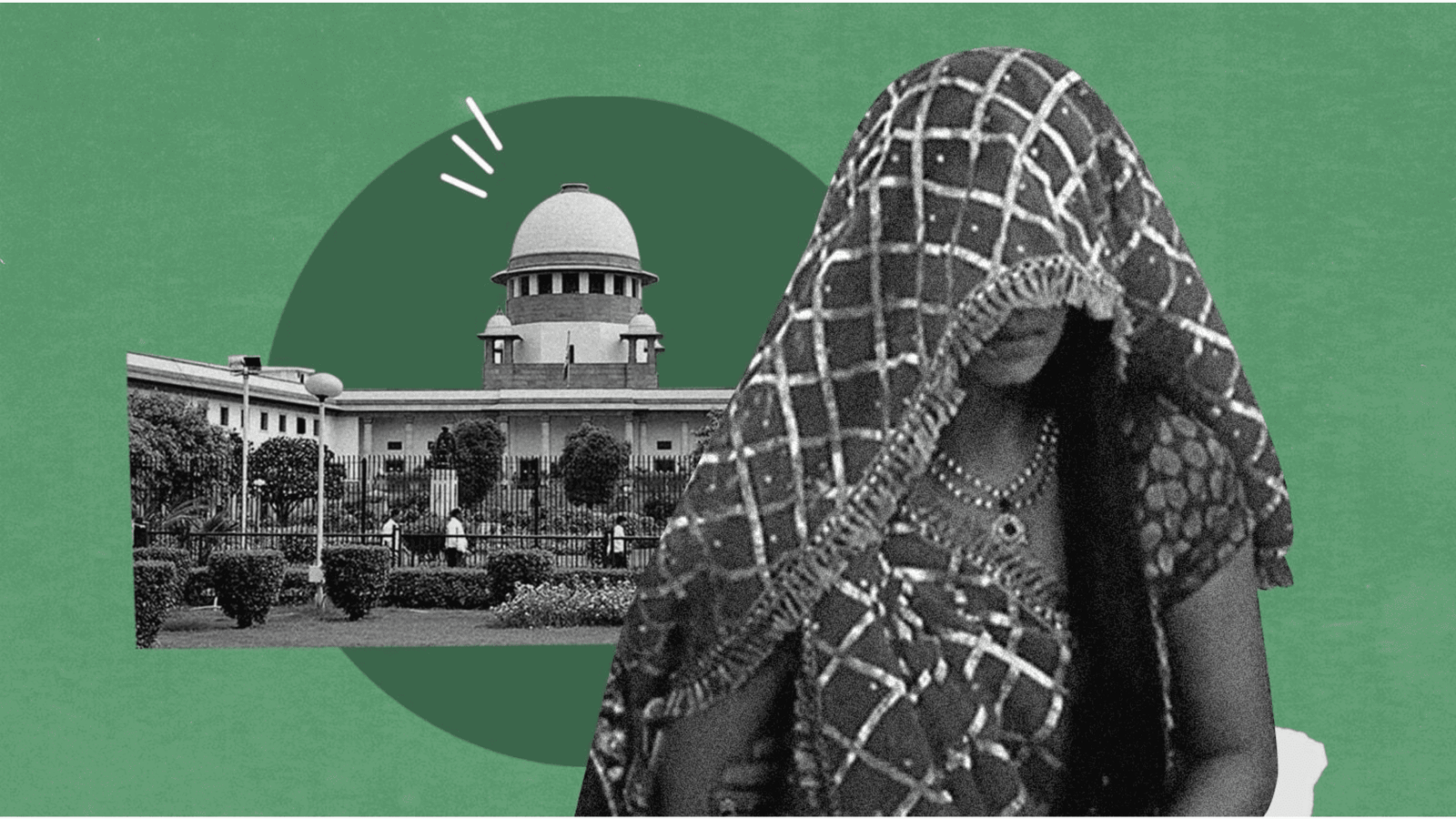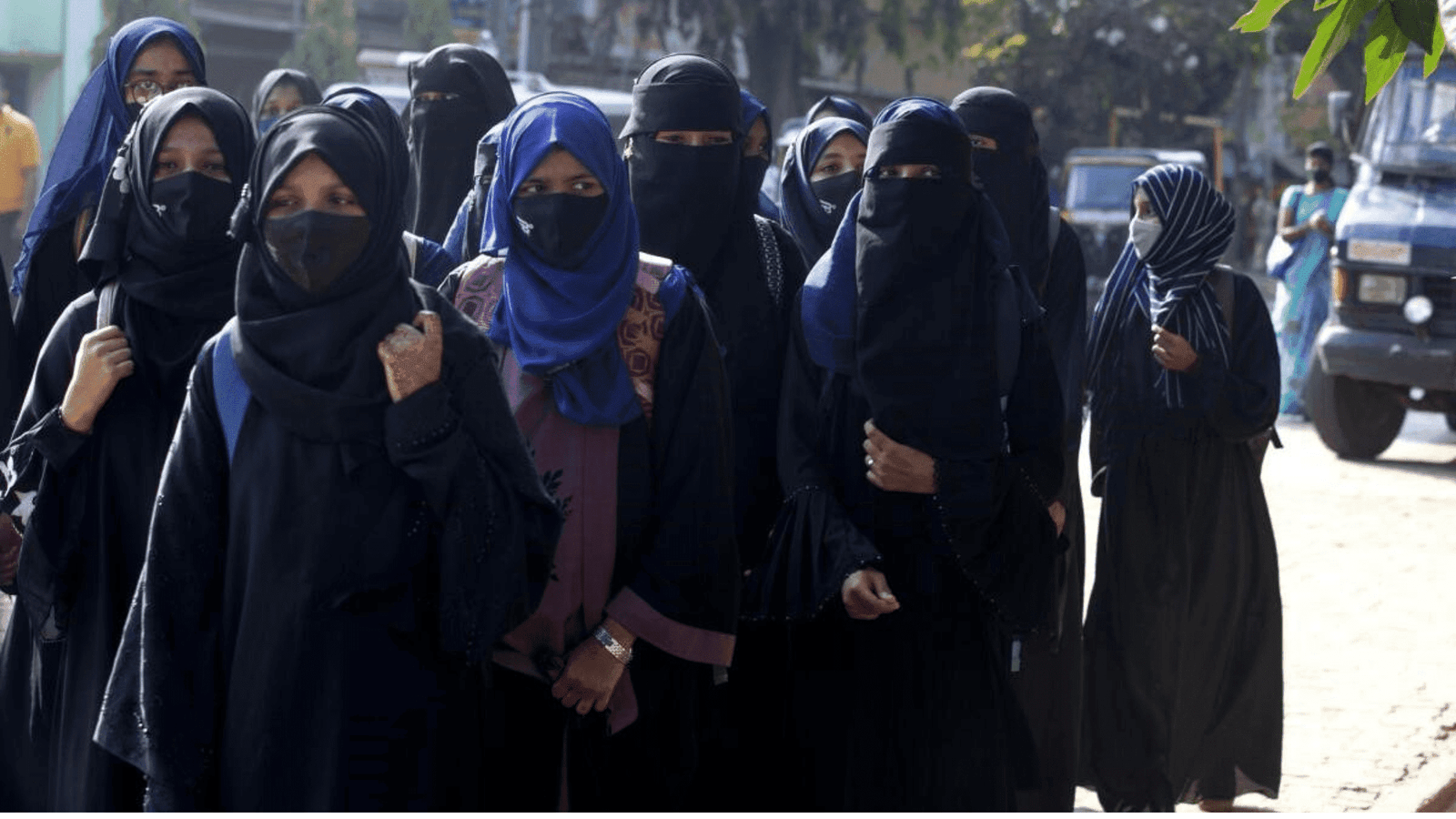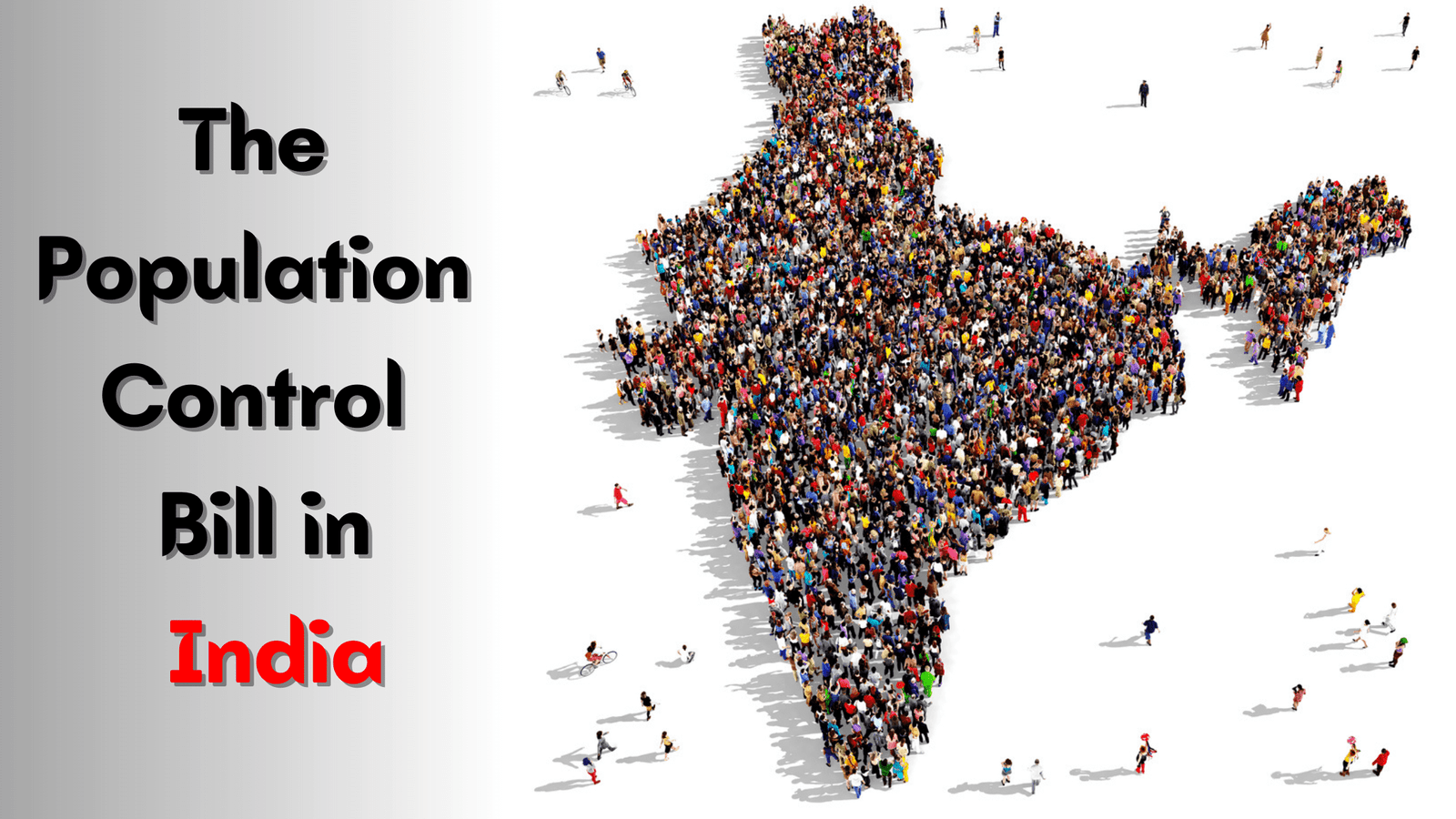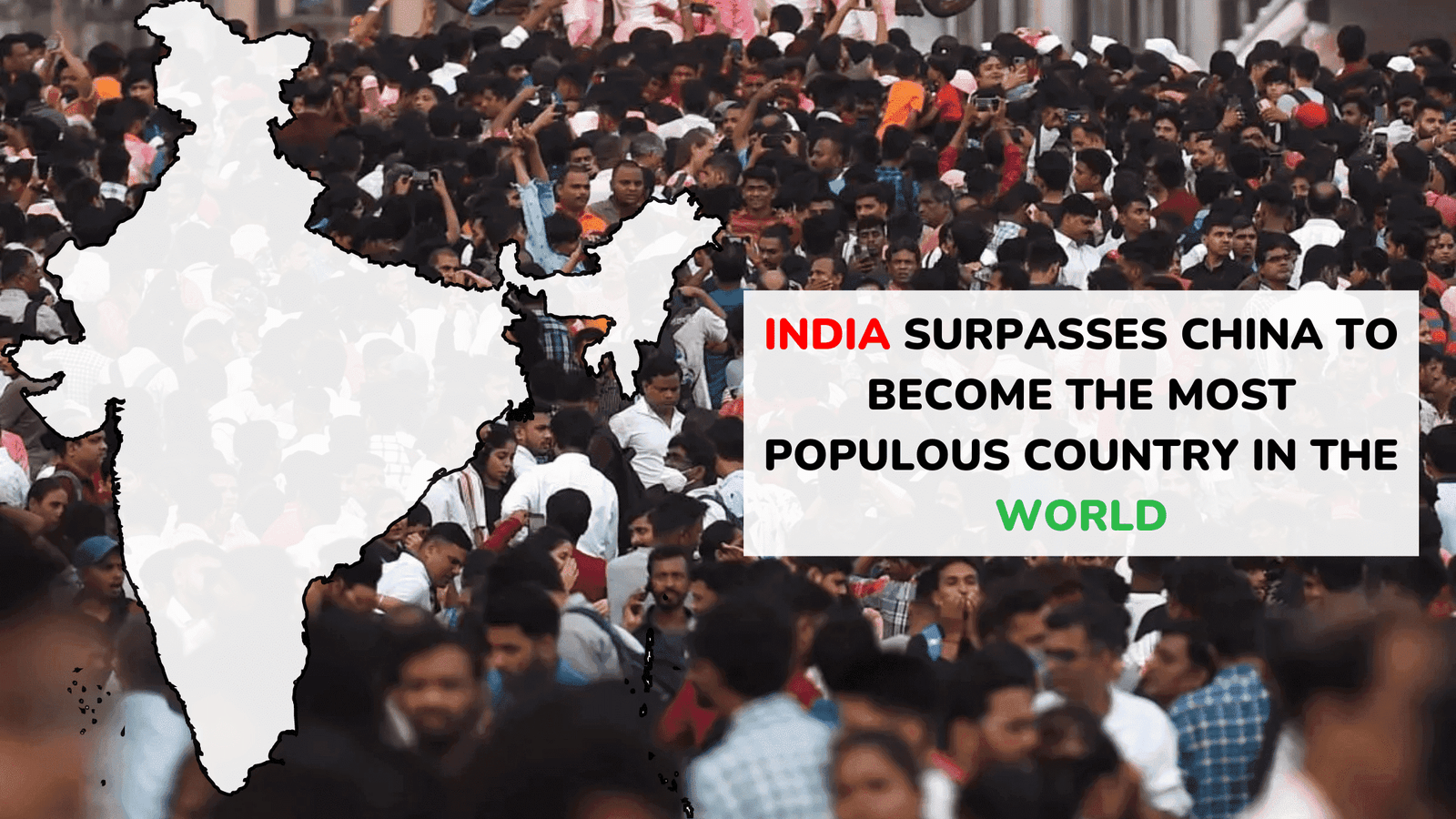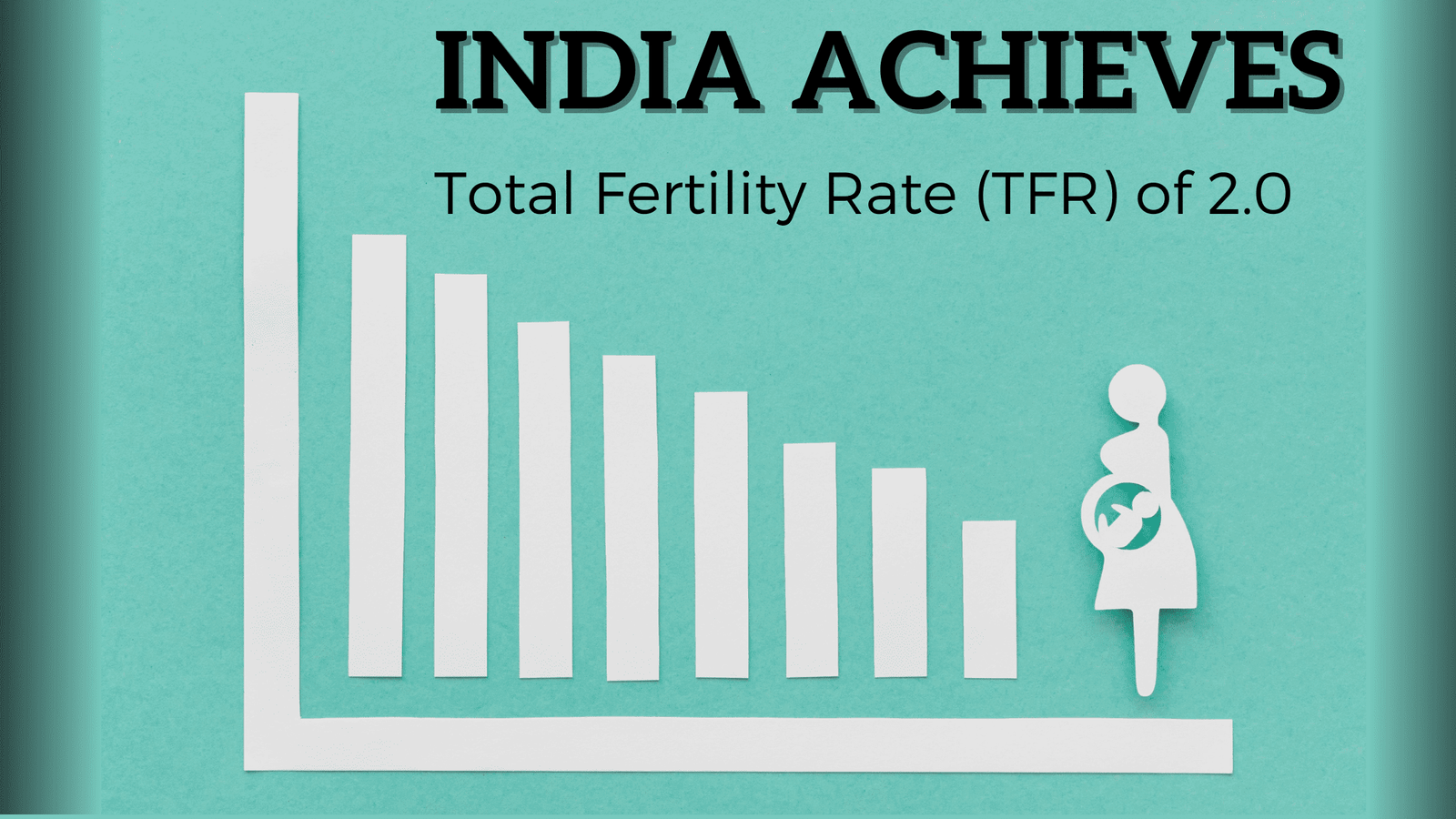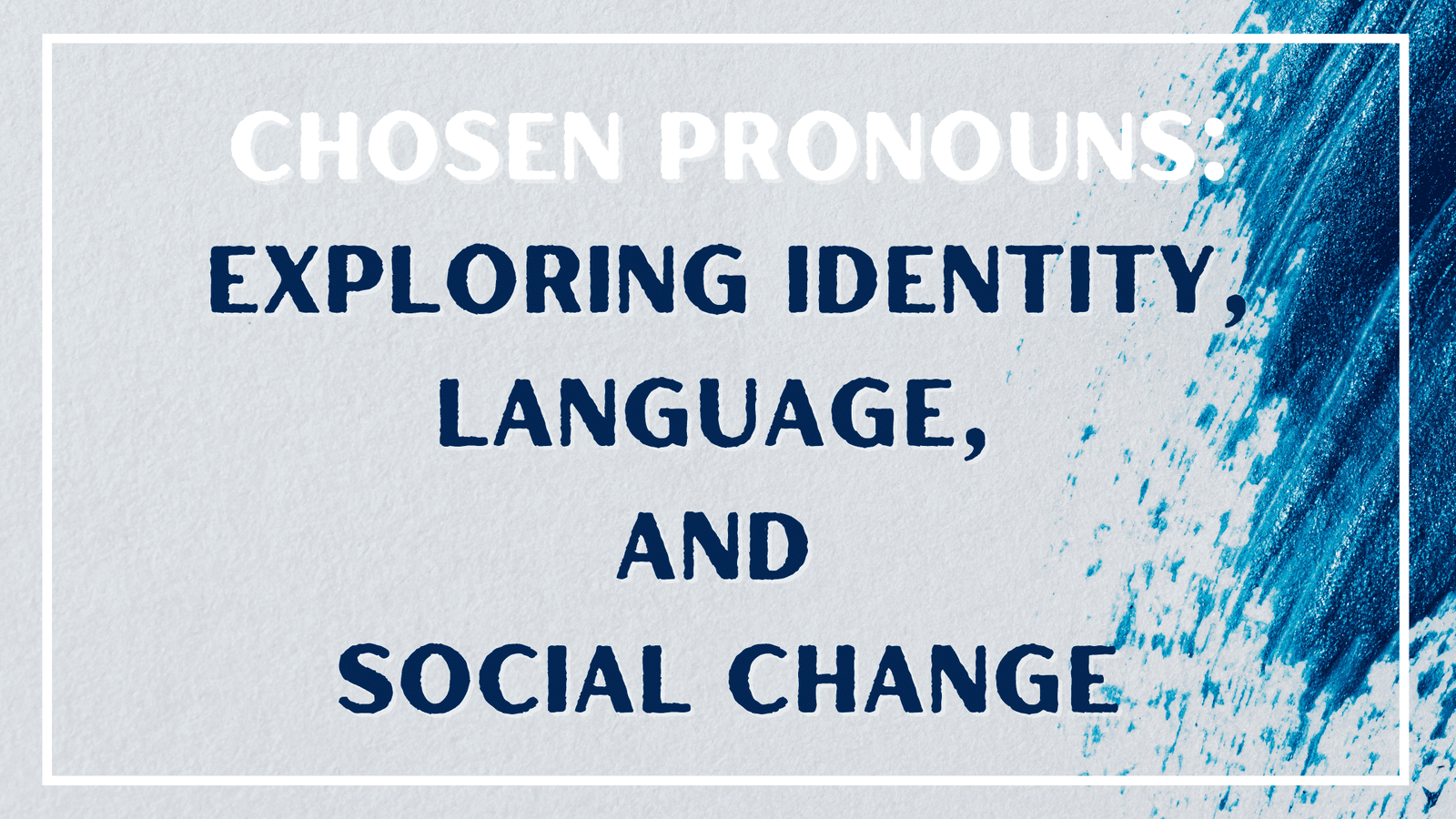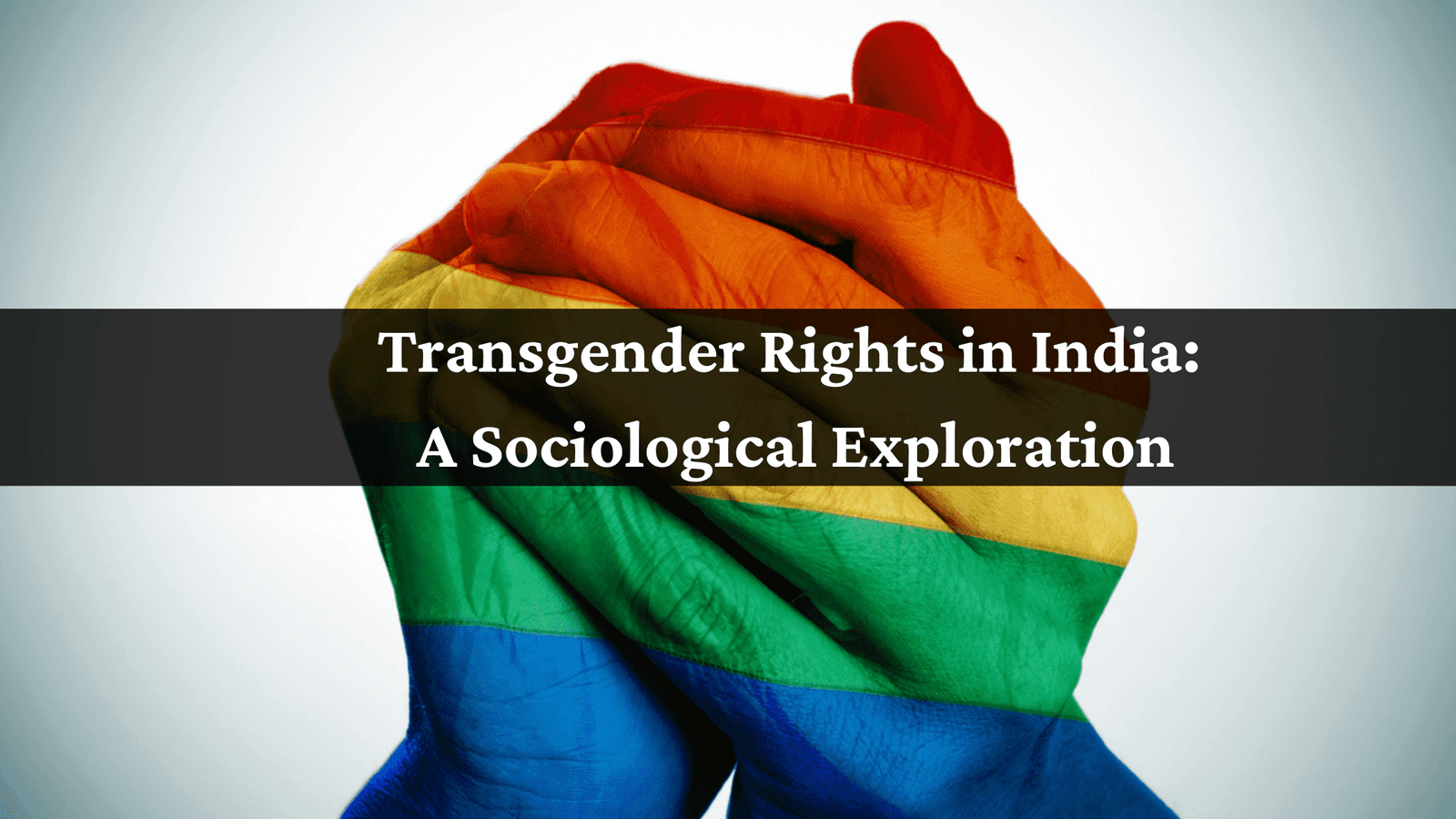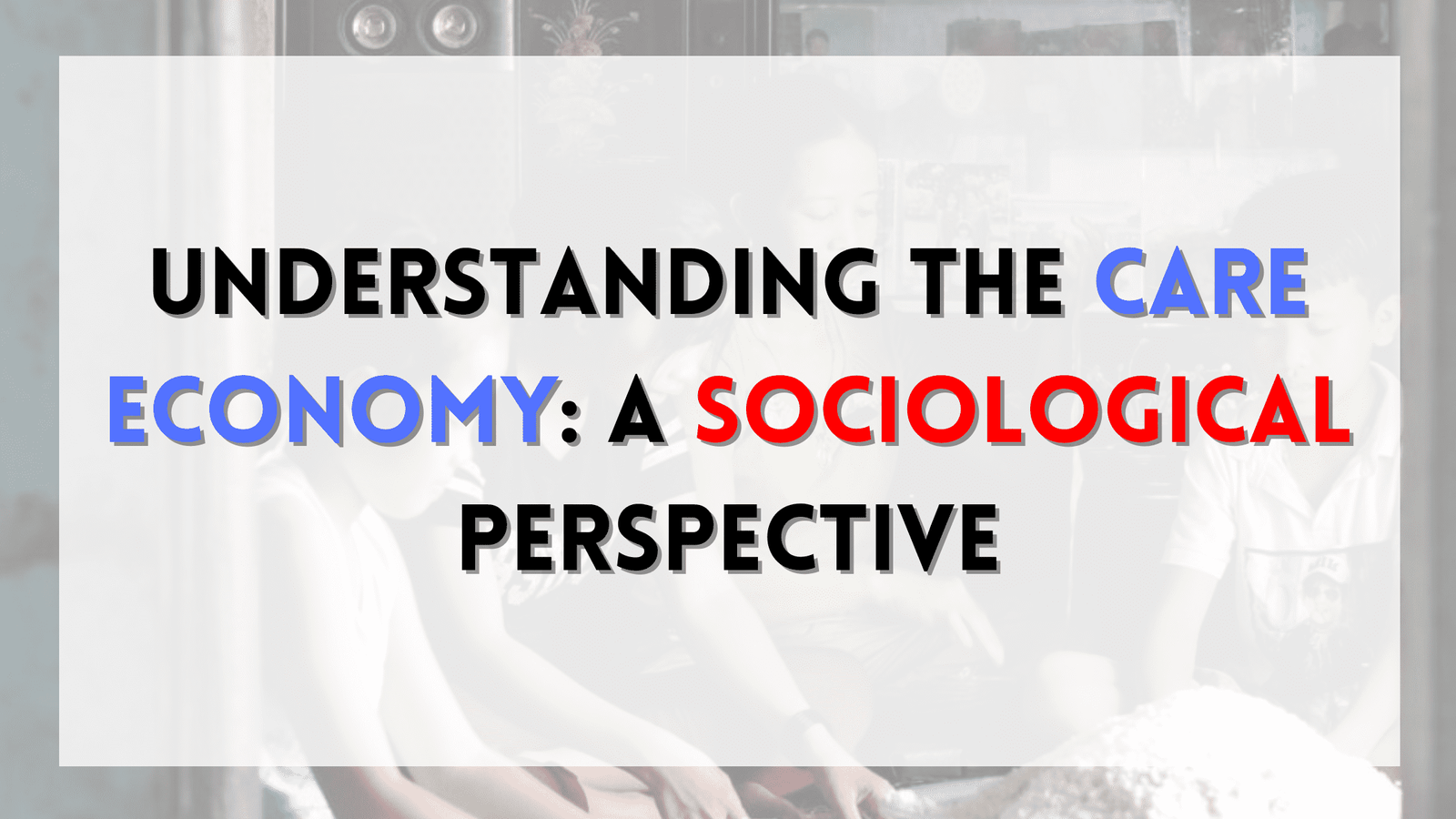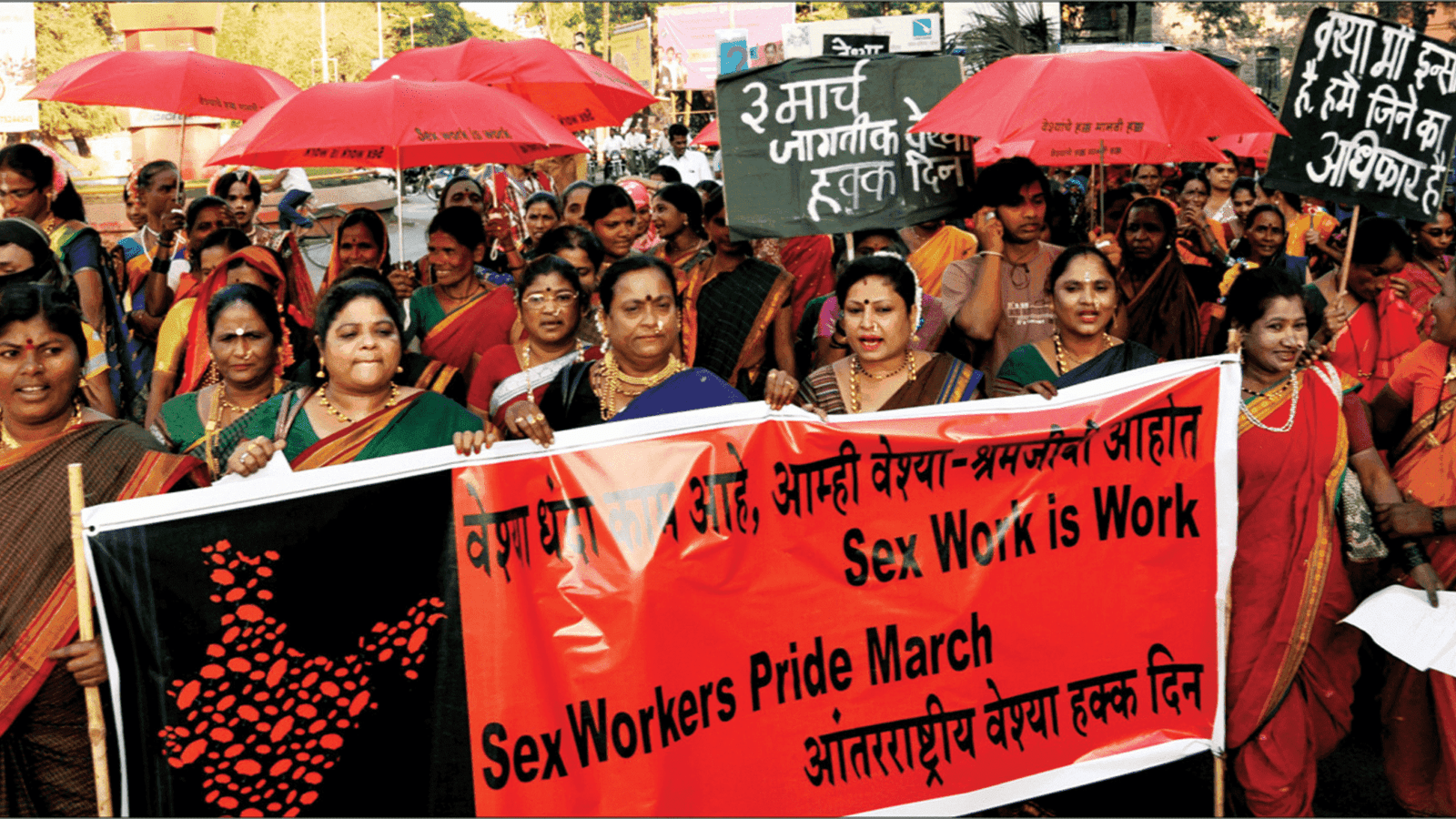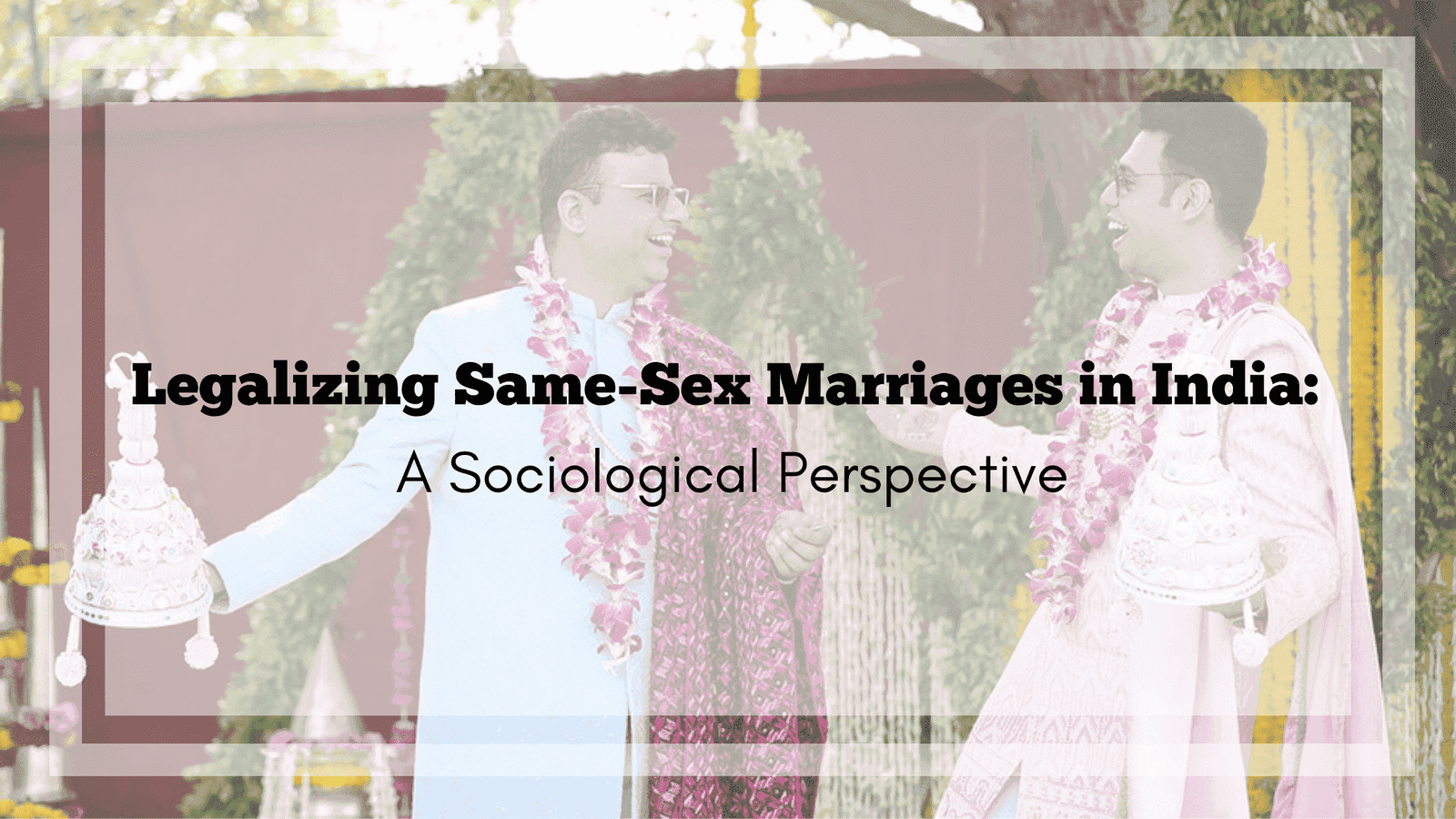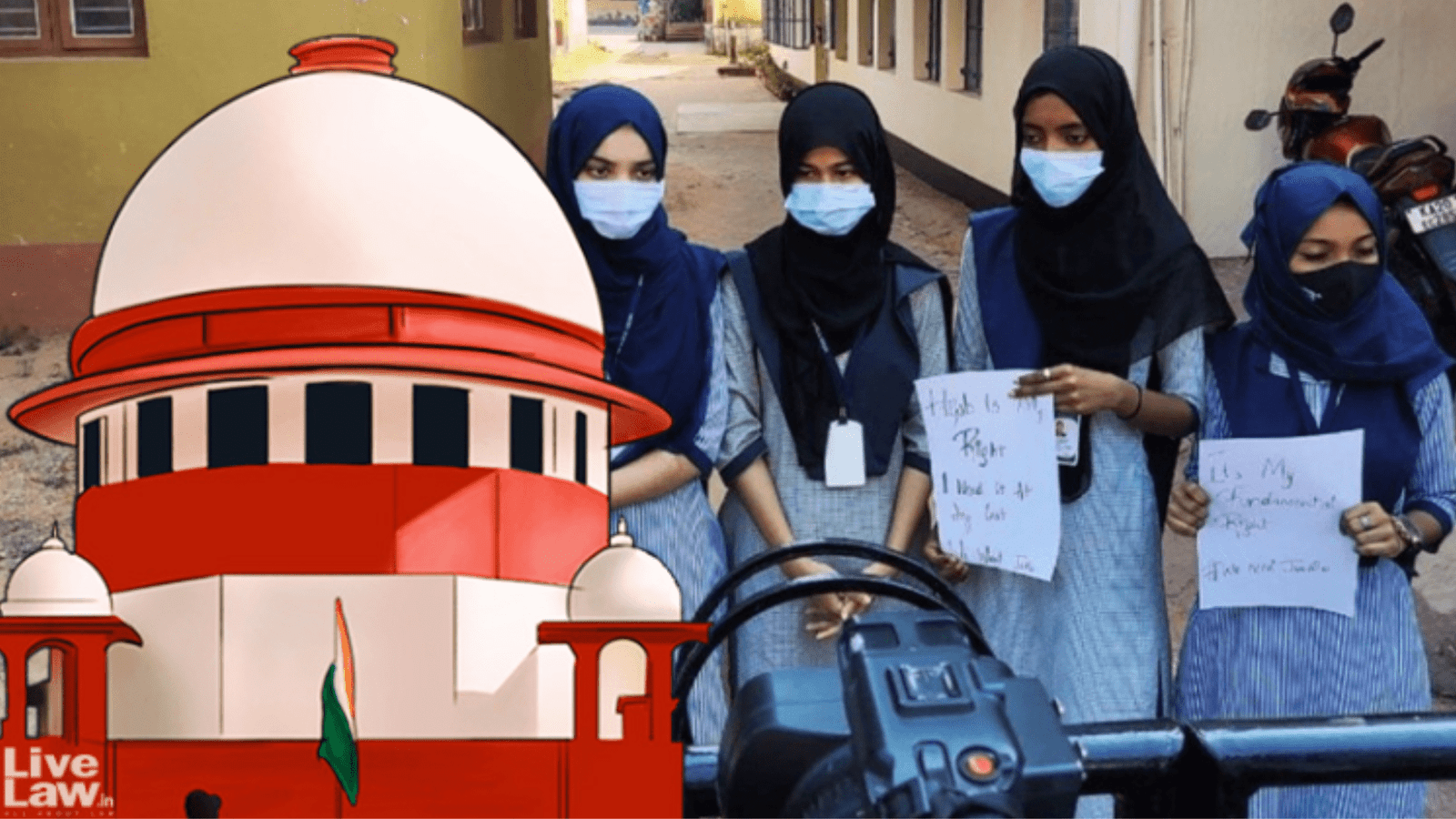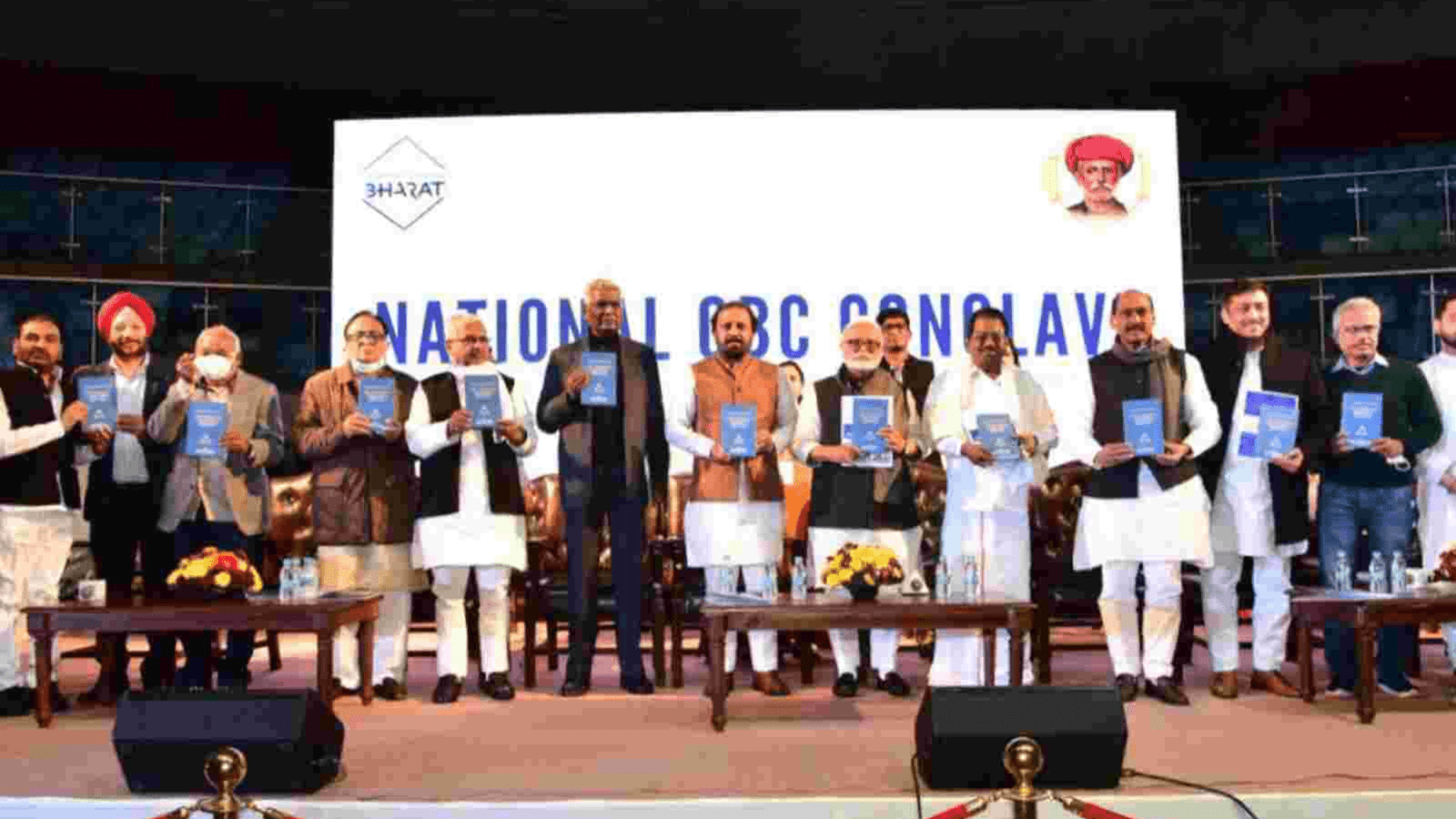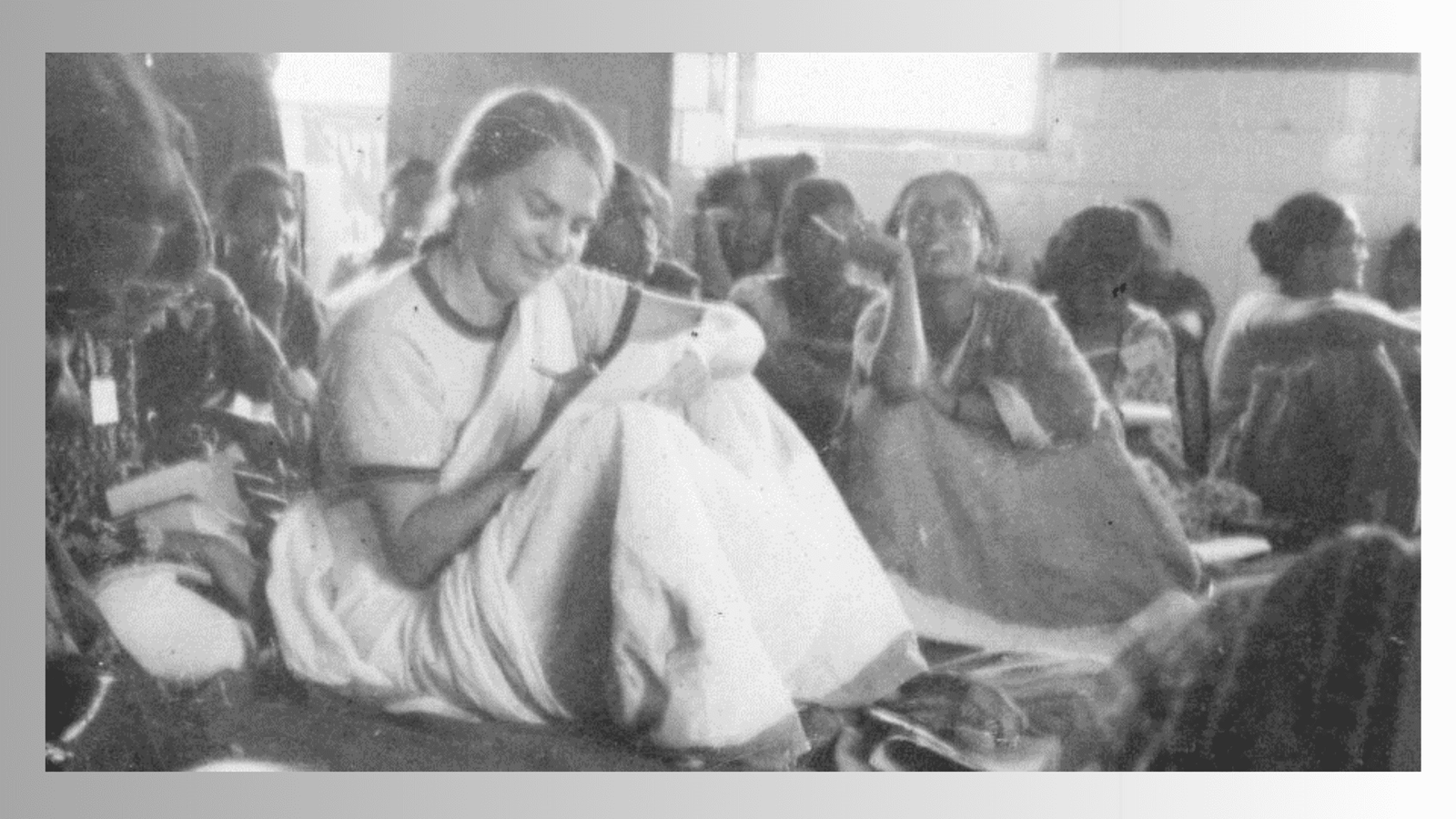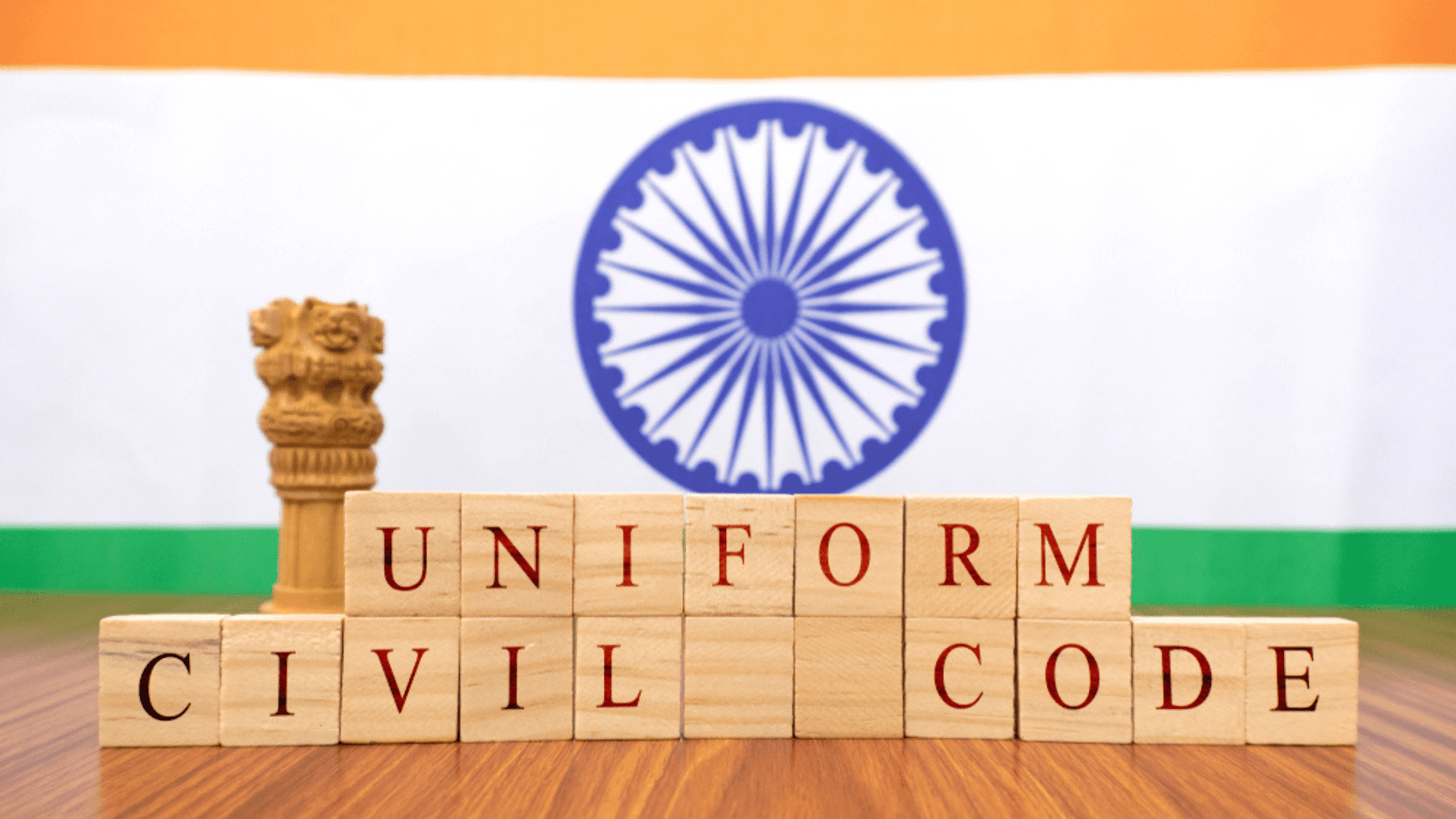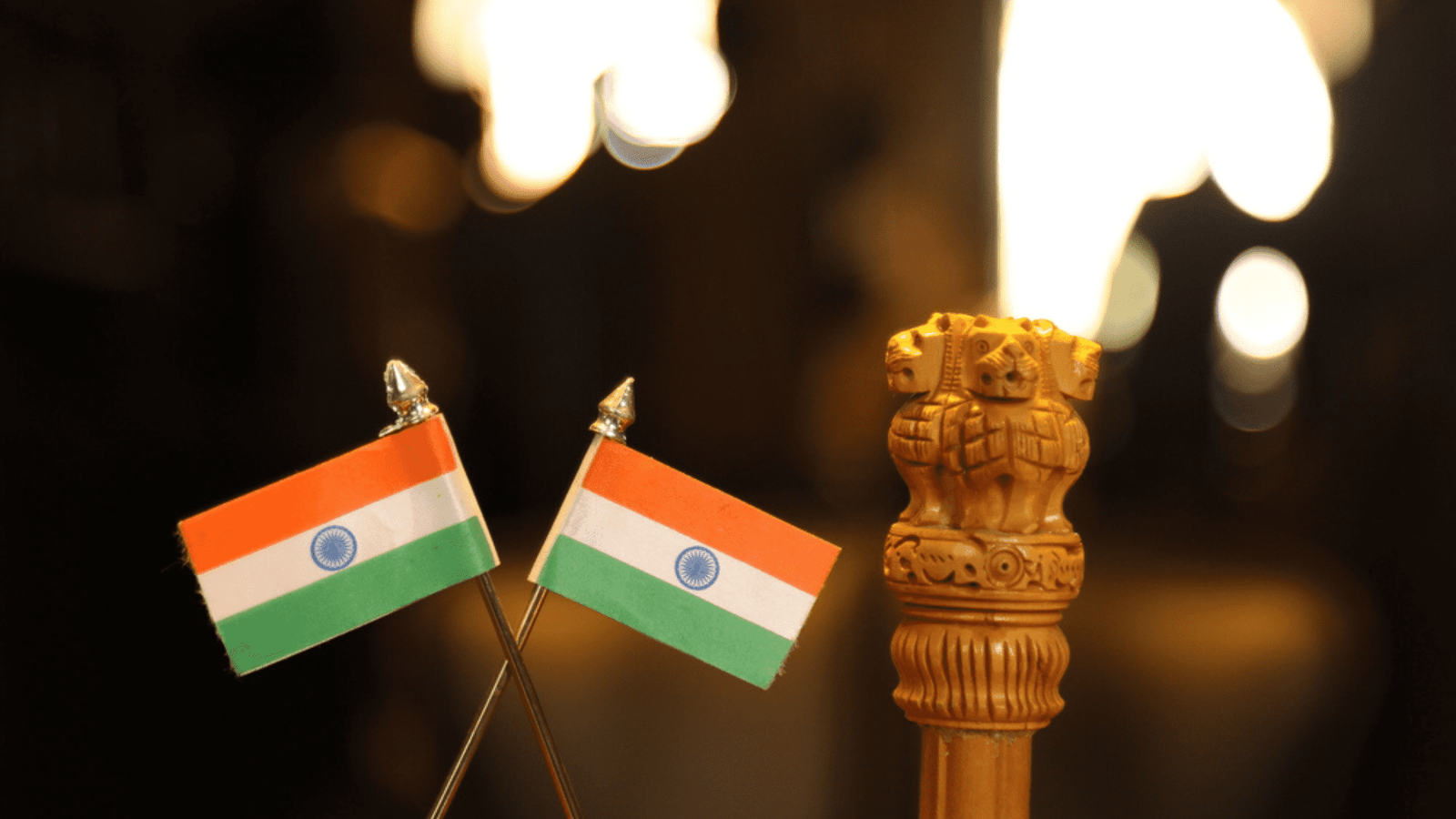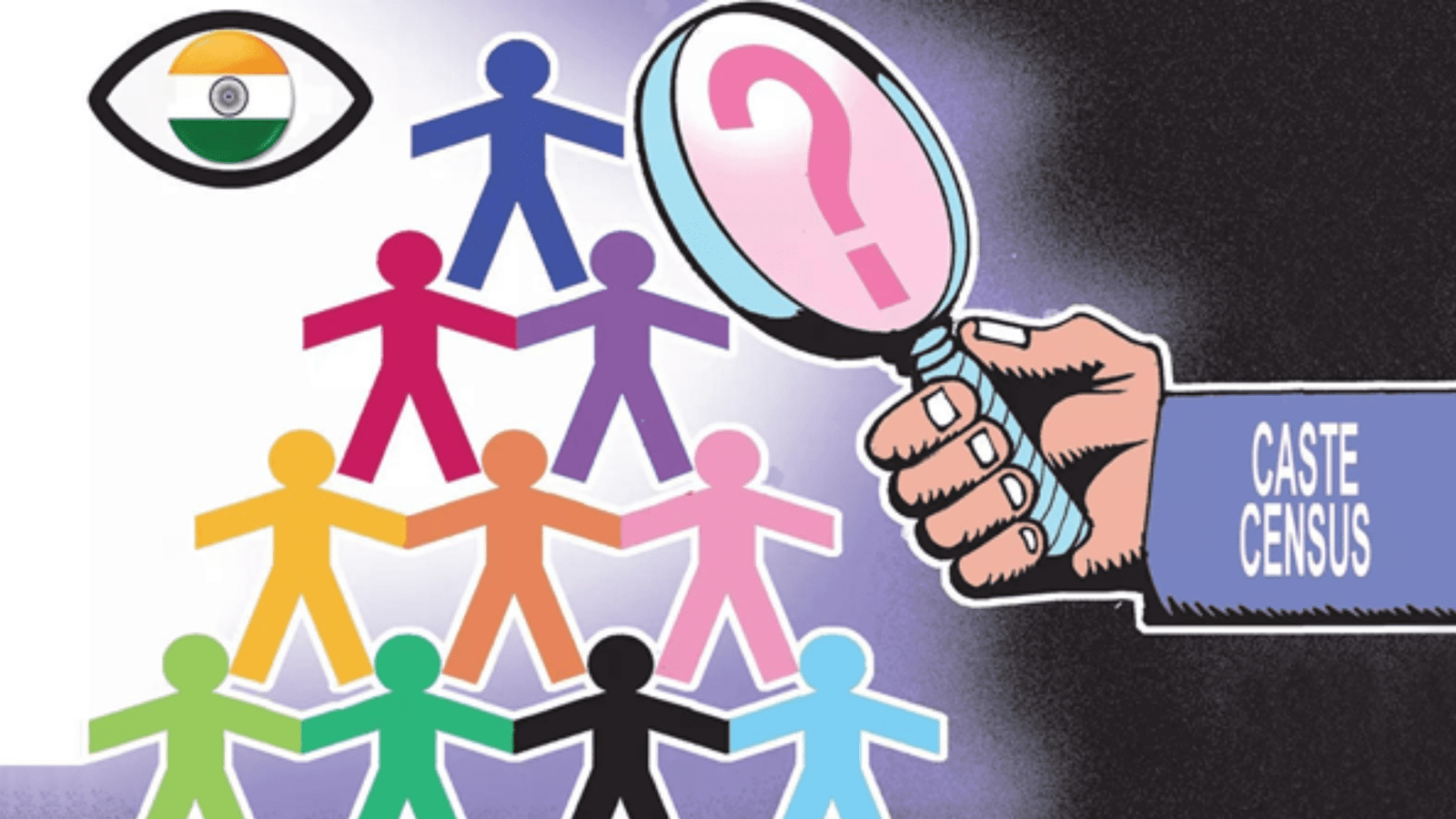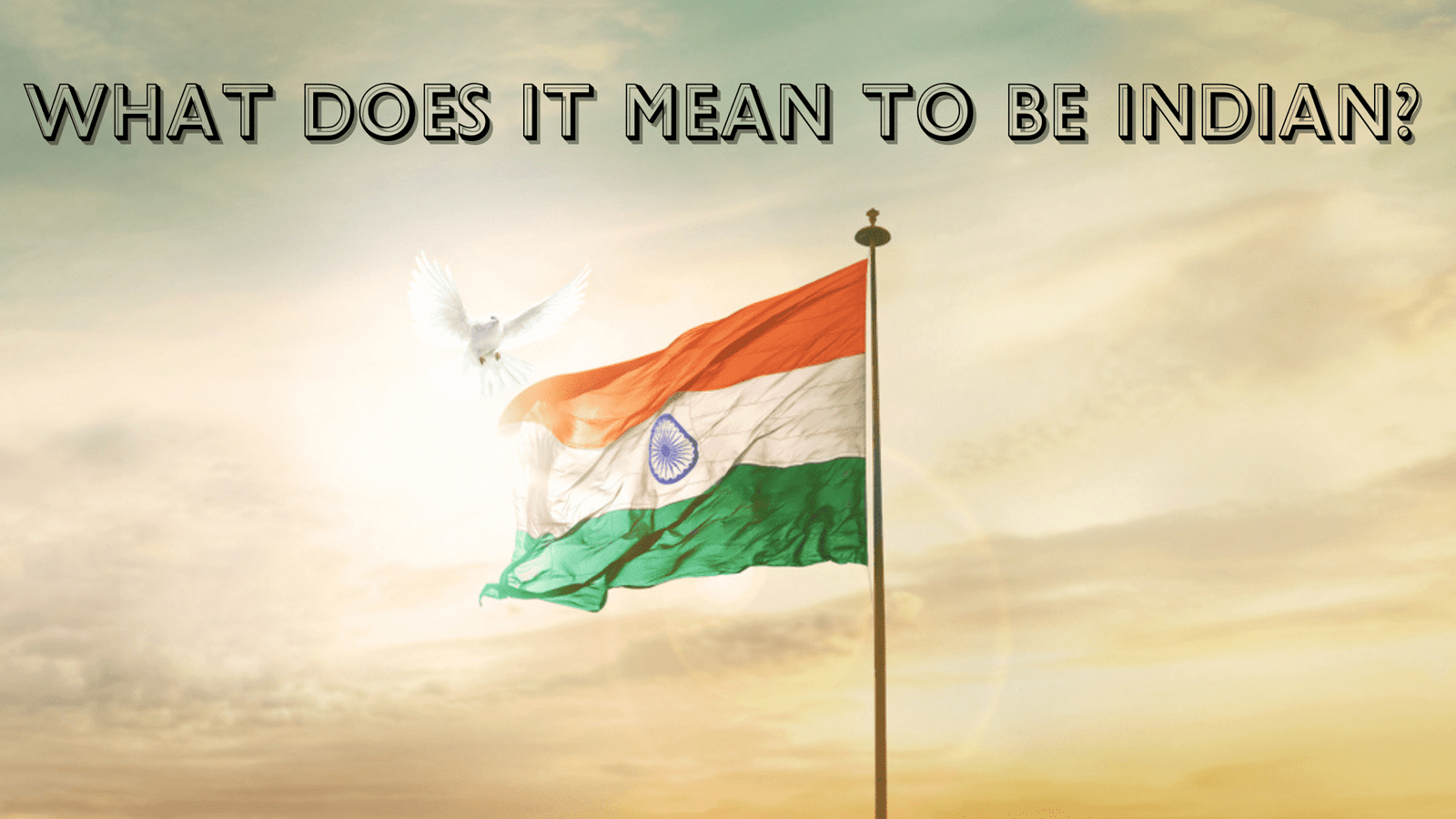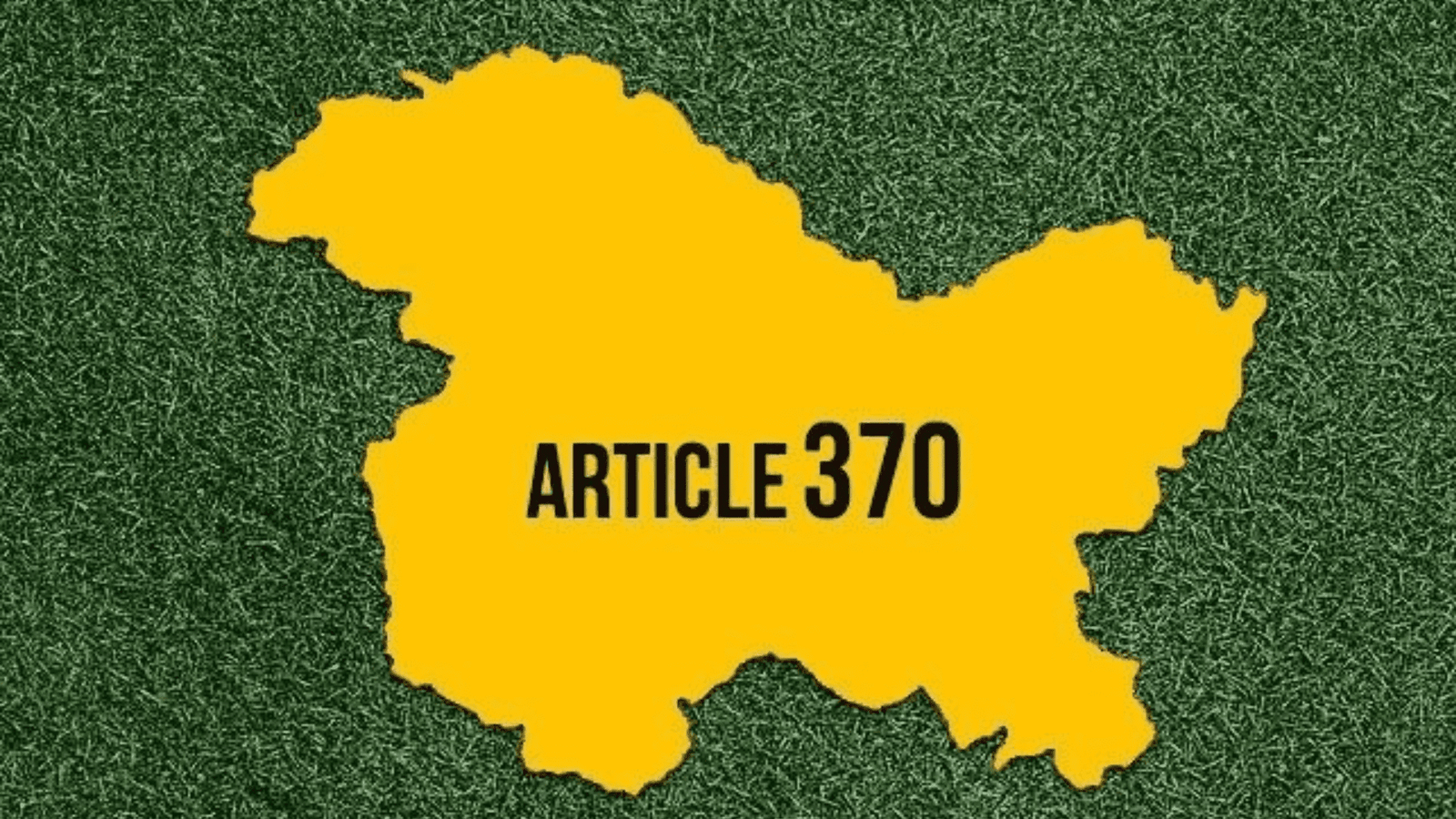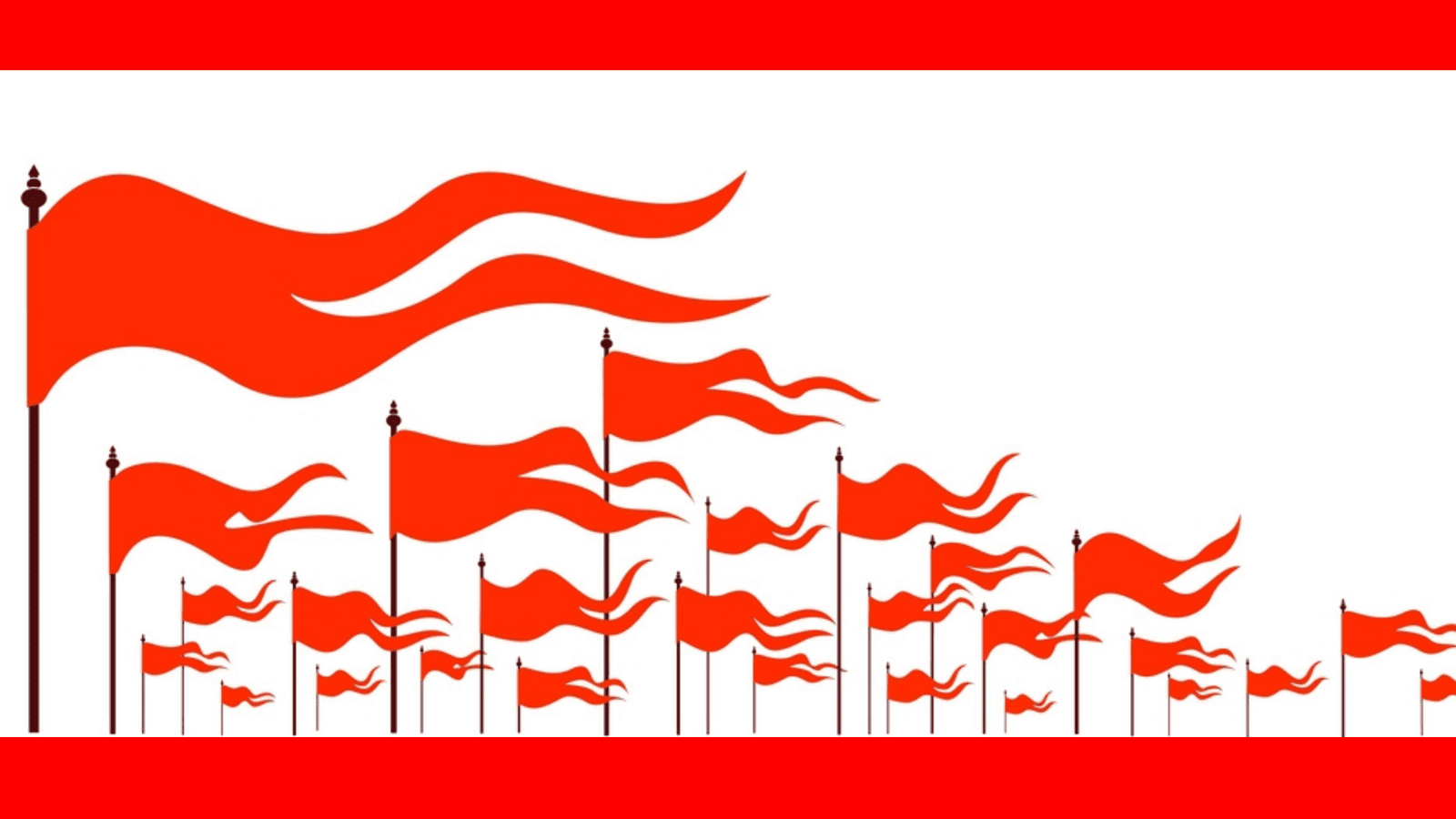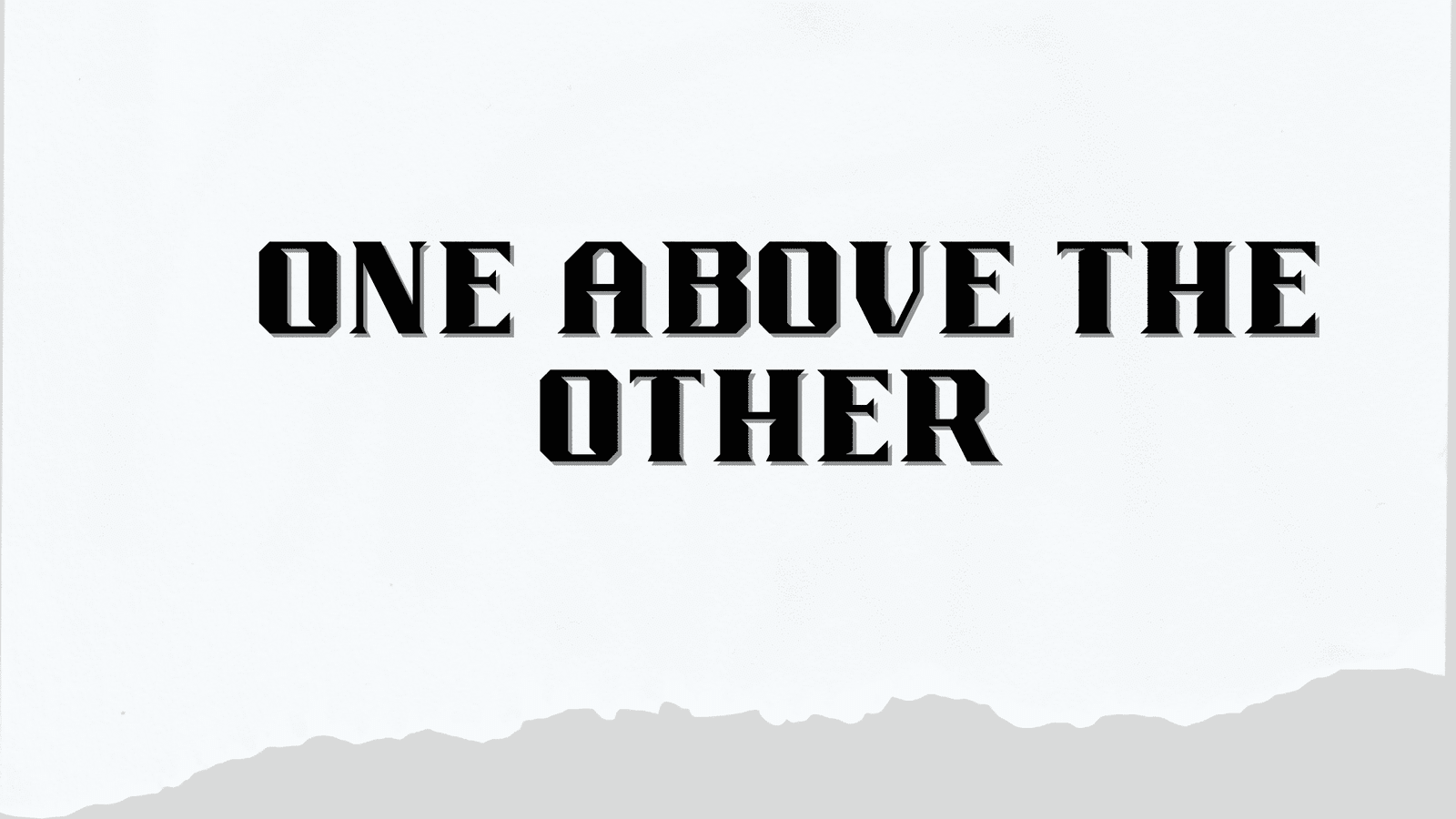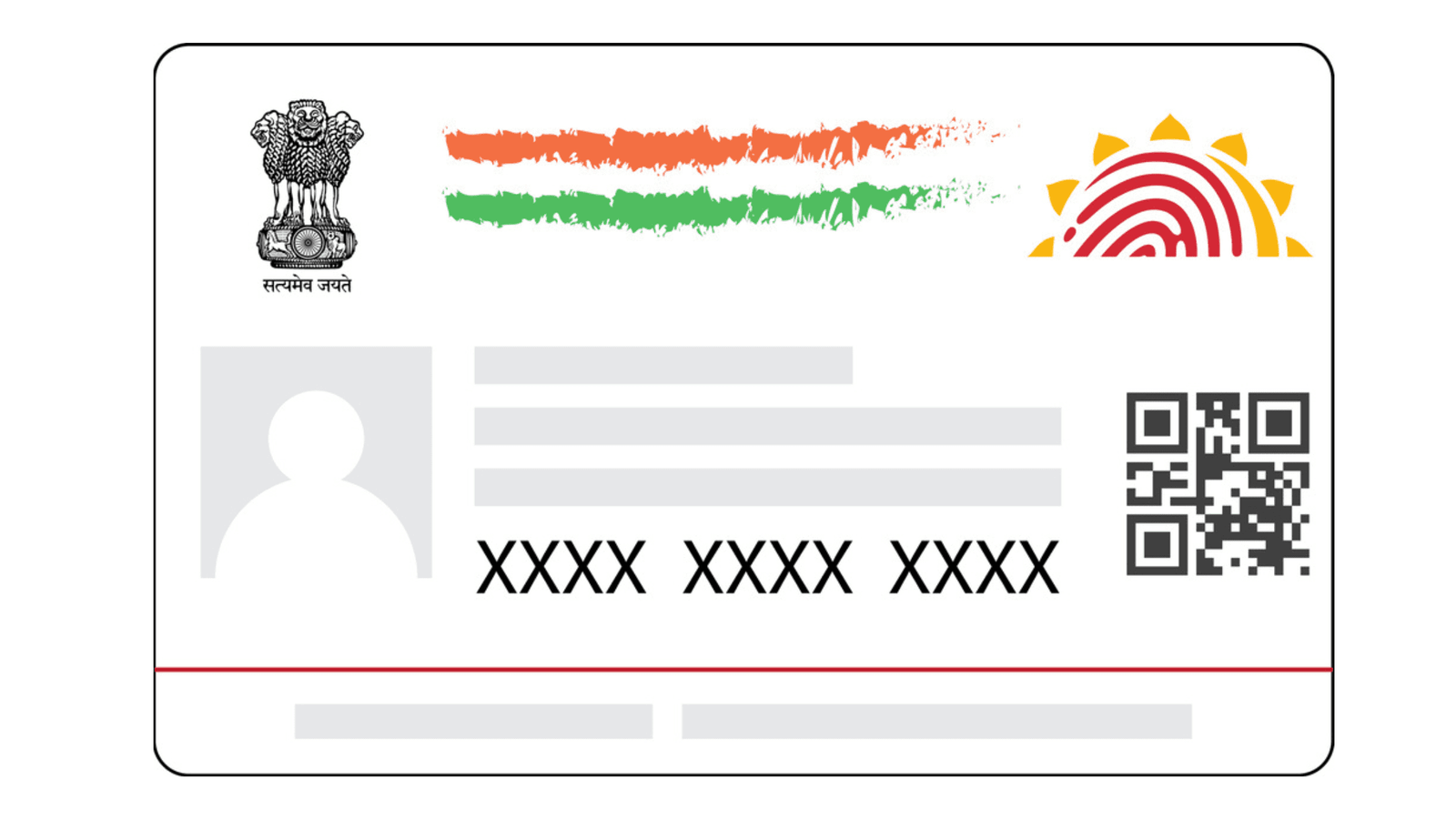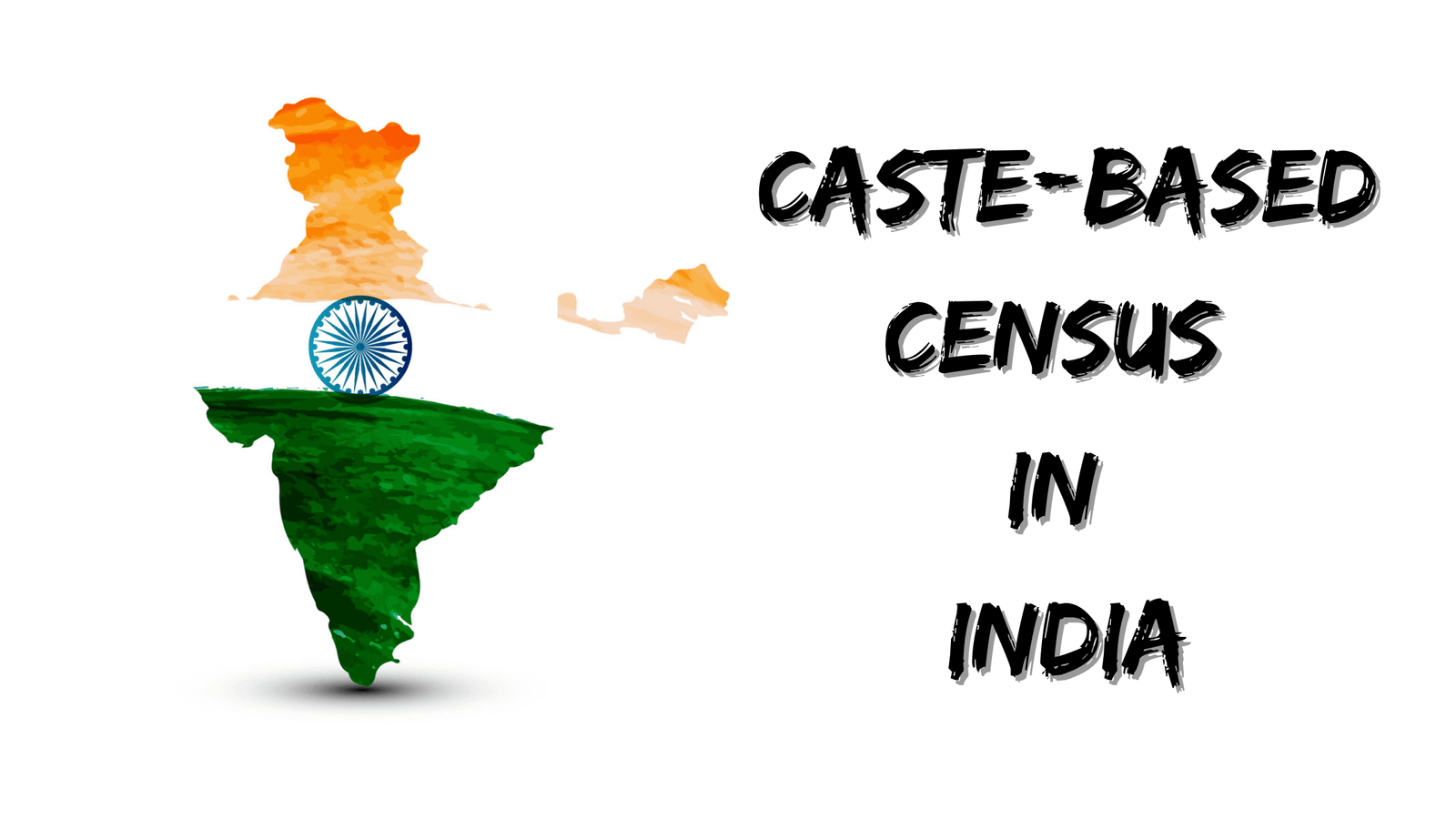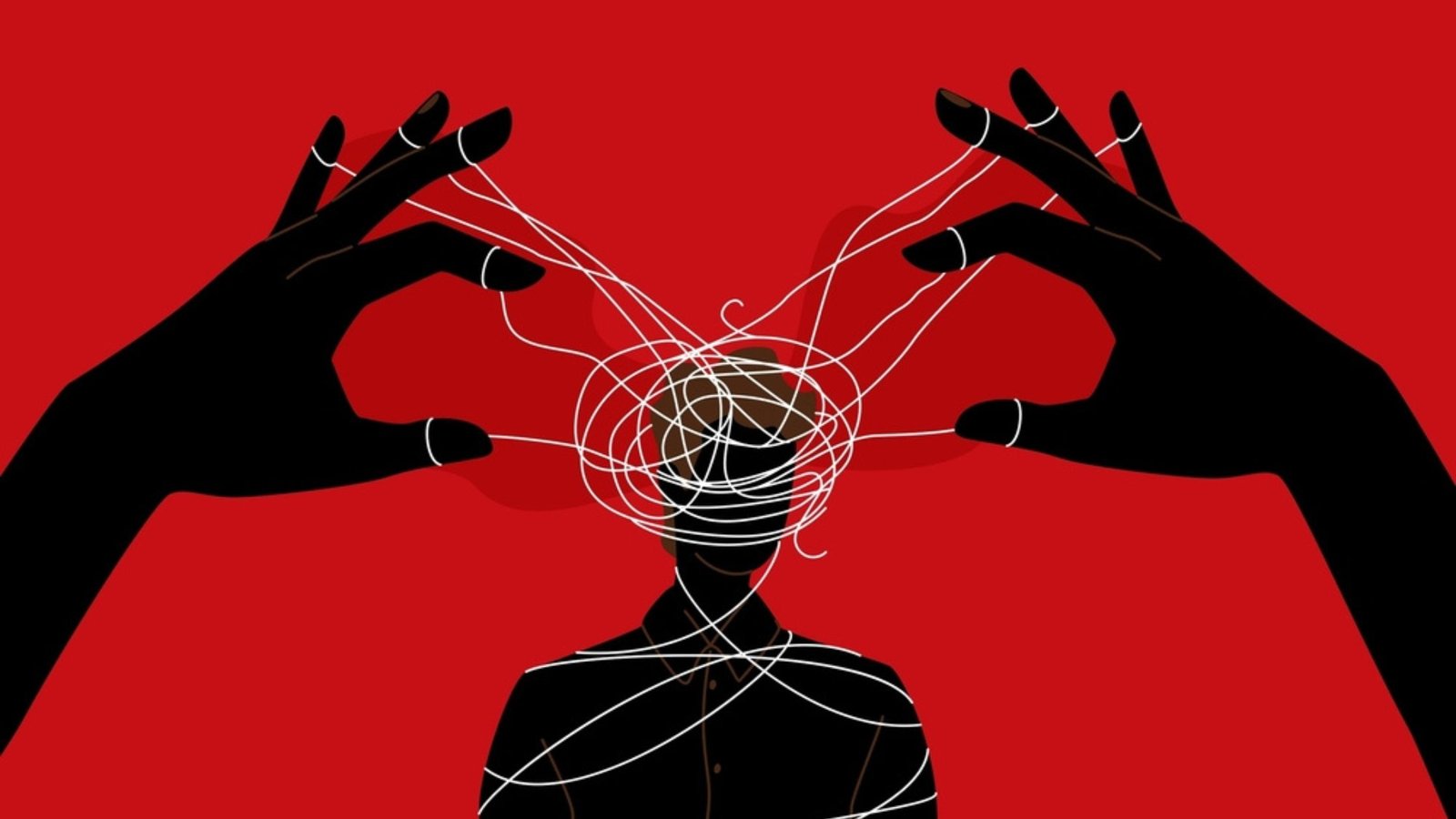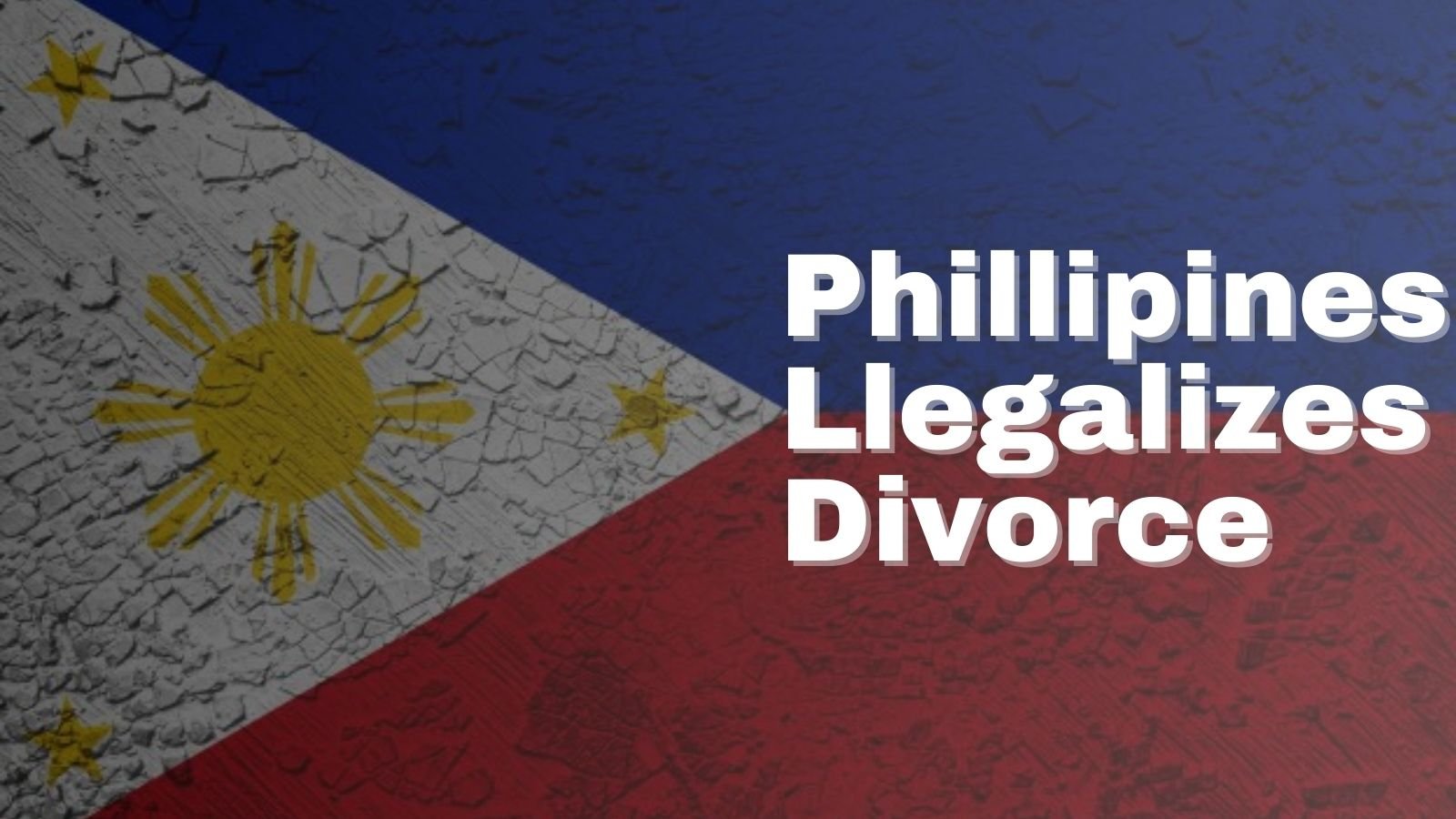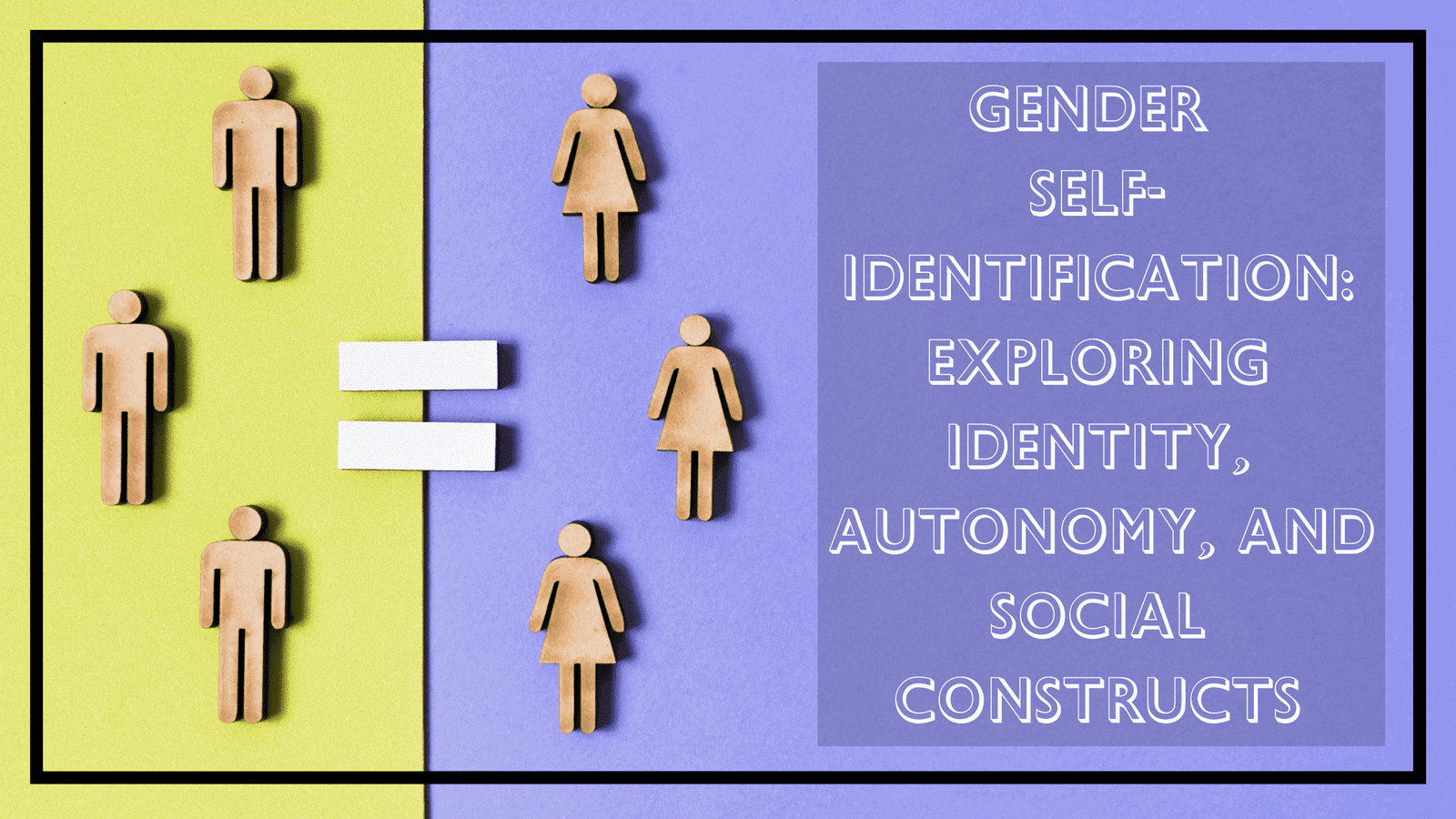
Why in News? Spanish Parliament passed a bill that would allow anyone over the age of 16 to legally change gender without a medical diagnosis or hormone therapy.
The concept of gender self-identification has become a significant topic of sociological inquiry, as individuals assert their right to define and express their own gender identity. This article delves into the sociological dimensions of gender self-identification, drawing upon the perspectives of Indian and Western sociologists and social scientists. By examining relevant theories, concepts, and empirical evidence, we aim to shed light on the complexities and implications of this evolving phenomenon.
Understanding Gender Self-Identification:
Gender self-identification refers to the process through which individuals determine and affirm their own gender identity, irrespective of the sex assigned to them at birth. It recognizes that gender is not solely determined by biological factors, but is also a social and personal construct. Individuals may identify as male, female, non-binary, genderqueer, or a variety of other gender identities, aligning with their self-perception rather than societal expectations.
Judith Butler, a prominent Western sociologist and gender theorist, has contributed significantly to our understanding of gender self-identification. In her groundbreaking work, "Gender Trouble: Feminism and the Subversion of Identity", Butler argues that gender is performative and constantly constructed through social practices and interactions. She emphasizes the importance of recognizing individuals' autonomy in determining their gender identity.
Indian sociologists have also explored the complexities of gender self-identification in the Indian context. Nivedita Menon, in her book "Seeing Like a Feminist", critically examines the intersections of gender, sexuality, and identity, challenging normative understandings and advocating for the recognition of diverse gender expressions.
Social Construction of Gender
Sociologists employ the concept of social constructionism to understand how society shapes our understanding of gender. According to this perspective, gender is not an innate or fixed attribute but is constructed through social processes, norms, and institutions. Gender roles, expectations, and norms are created, reinforced, and reproduced within various social contexts, such as family, education, media, and religion.
The recognition of gender self-identification challenges traditional binary notions of gender and highlights the importance of acknowledging and respecting diverse gender identities. It calls for societal acceptance, legal recognition, and the creation of inclusive spaces that validate individuals' self-identified gender.
Legal and Policy Implications:
The legal and policy landscape surrounding gender self-identification varies across different countries and jurisdictions. Some nations have introduced legal reforms to recognize and protect the rights of individuals to self-identify their gender. For instance, Argentina enacted a groundbreaking gender identity law in 2012, allowing individuals to change their legal gender without requiring medical interventions or judicial authorization.
In India, the legal recognition of gender self-identification has gained traction through various court rulings. The National Legal Services Authority (NALSA) v. Union of India case, a landmark judgment by the Supreme Court, affirmed the right of transgender individuals to self-identify their gender and access legal protections and entitlements.
Implications and Challenges:
Gender self-identification has both personal and societal implications. For individuals, it offers a pathway to self-actualization, increased well-being, and the affirmation of their authentic identity. However, challenges persist, including societal prejudice, discrimination, and lack of understanding. The need for awareness, education, and the dismantling of gender biases is crucial to foster a more inclusive and equitable society.
Conclusion:
The concept of gender self-identification highlights the complexity and fluidity of gender as a social construct. By recognizing and respecting individuals' autonomy in defining their gender identity, we move towards a more inclusive society that celebrates the diversity of human experiences. The works of scholars such as Judith Butler and Nivedita Menon offer valuable insights into the sociological aspects of gender self-identification, emphasizing the importance of social change, acceptance, and recognition of diverse gender expressions.
